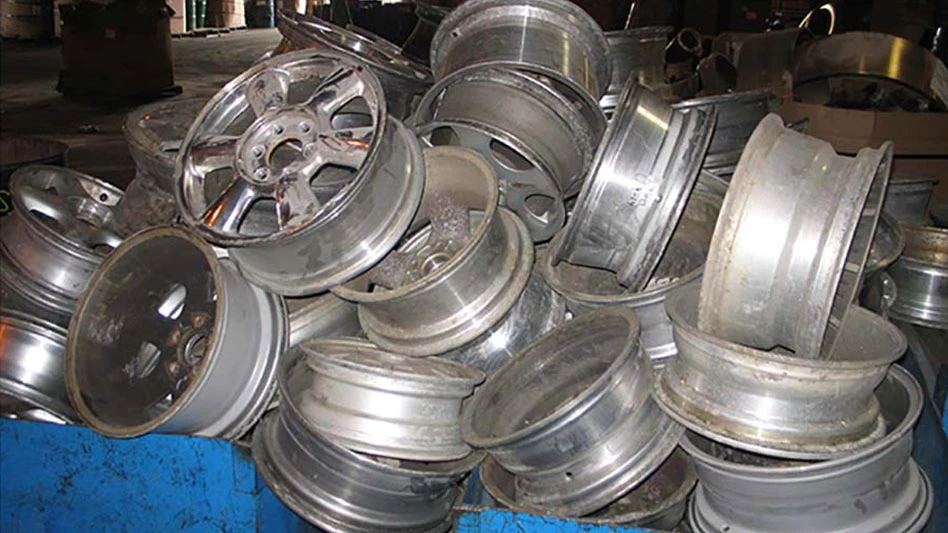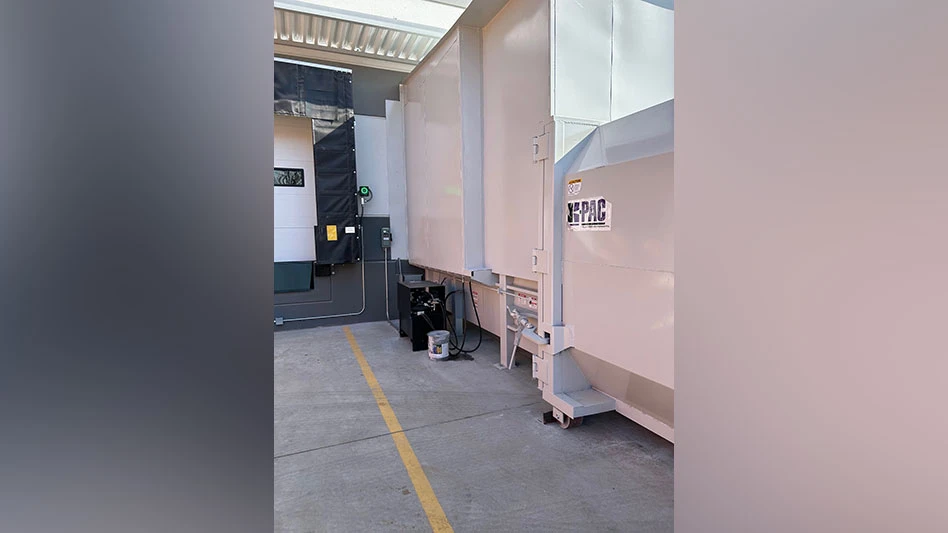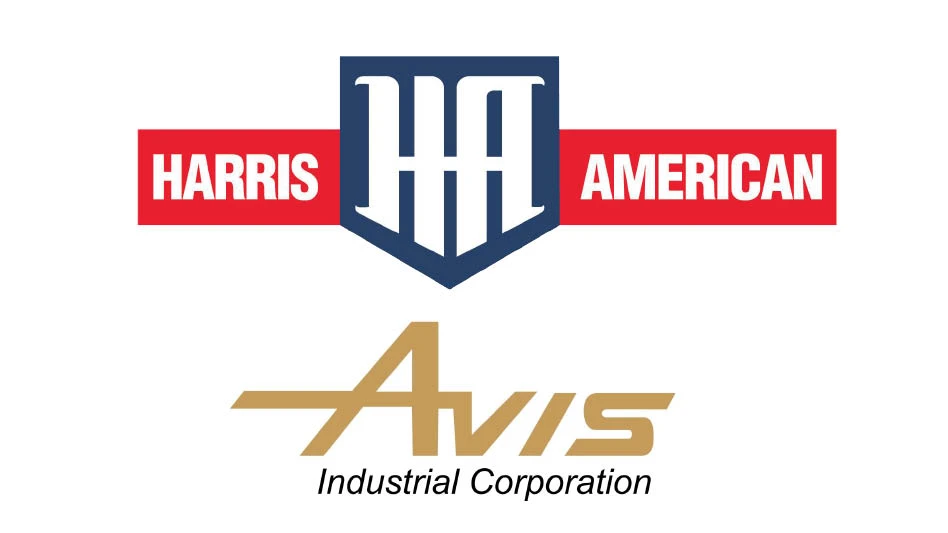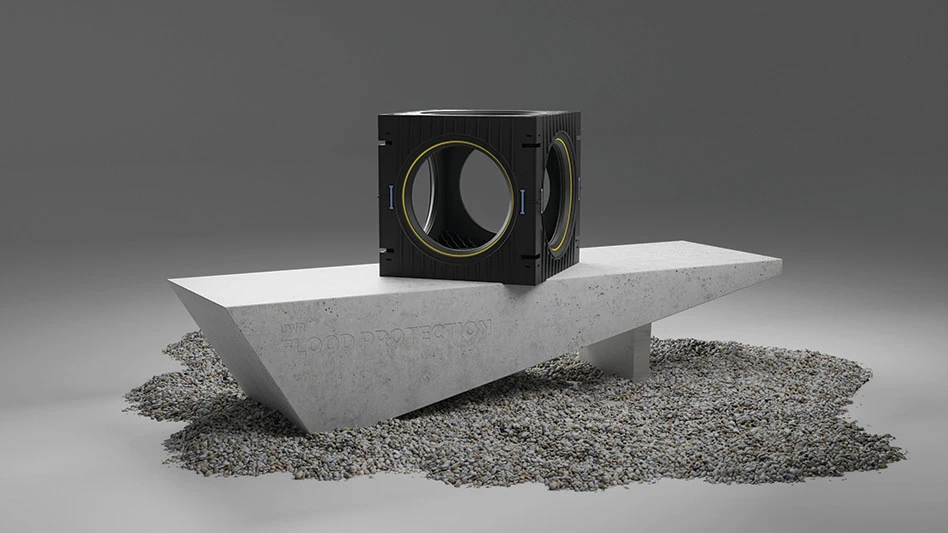
Recycling Today archives
The leaders of the Washington-based Recycled Materials Association (ReMA) and the Berlin-based German Association of Metal Traders and Recyclers (VDM) have called for a reconsideration of tariffs placed on some recyclable metals by the administration of President Donald Trump.
A news release from VDM indicates ReMA and VDM “initiated a transatlantic dialogue” to assess tariff-related developments and their impact on the international trading and of ferrous and nonferrous metals.
According to VDM, Adam Shafler, vice president for international trade and global affairs at ReMA, confirmed for VDM that Germany and the European Union will be subject a 20 permit import duty on aluminum and ferrous scrap shipped to the U.S.
Copper-bearing scrap currently is listed as an exemption, according to ReMA.
The German trade group’s announcement includes statements from leaders of both organizations regarding their positions on the transatlantic tariffs put into place by Trump.
“Recycling relies on the free and predictable flow of materials across borders,” ReMA President Robin Wiener says. “Disruptions in global material cycles risk not only jobs, but also the progress we’ve made in securing sustainable raw material supplies. What we need are strong, reliable partnerships, not new barriers.”
"Across the Atlantic, we stand united in our belief: fair trade, open markets and a strong commitment to circularity are not optional—they are the foundation of a sustainable economy," VDM Managing Director Kilian Schwaiger adds. "Open markets are not just a principle, they are a necessity for successful recycling.”
The tariffs affect traders in Europe at the same time as a policy debate in Brussels concerning the EU Steel and Metals Action Plan, which includes considerations of potential export restrictions on steel and metal scrap, according to VDM.
“Trade restrictions harm the metal recycling industry, and with it the manufacturing sector," Schwaiger says of that policy. "In a time of geopolitical tension, the EU cannot afford to further isolate itself from global markets. On the contrary, it must lead the way toward an open and sustainable raw materials policy based on strong international partnerships.”
Sponsored Content
Redefining Wire Processing Standards
In nonferrous wire and cable processing, SWEED balances proven performance with ongoing innovation. From standard systems to tailored solutions, we focus on efficient recovery and practical design. By continually refining our equipment and introducing new technology, we quietly shape the industry—one advancement at a time.
Sponsored Content
Redefining Wire Processing Standards
In nonferrous wire and cable processing, SWEED balances proven performance with ongoing innovation. From standard systems to tailored solutions, we focus on efficient recovery and practical design. By continually refining our equipment and introducing new technology, we quietly shape the industry—one advancement at a time.
According to VDM, both associations agreed to continue their transatlantic dialogue and to jointly advocate for fair, open and reliable framework conditions in international trading in recycled raw materials.
Get curated news on YOUR industry.
Enter your email to receive our newsletters.
Latest from Recycling Today
- Enfinite forms Hazardous & Specialty Waste Management Council
- Combined DRS, EPR legislation introduced in Rhode Island
- Eureka Recycling starts up newly upgraded MRF
- Reconomy Close the Gap campaign highlights need for circularity
- Nickel carbonate added to Aqua Metals’ portfolio
- EuRIC, FEAD say End-Of-Life Vehicle Regulation presents opportunity for recyclers
- Recyclers likely to feel effects of US-China trade war
- BCMRC 2025 session preview: Navigating battery recycling legislation and regulations









